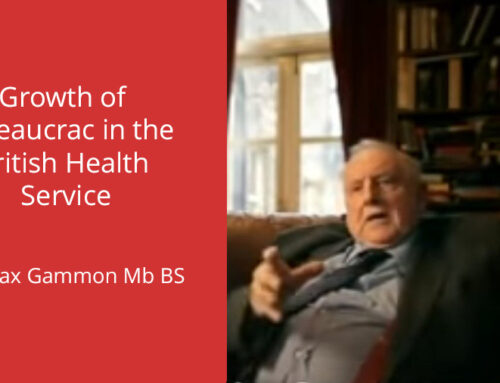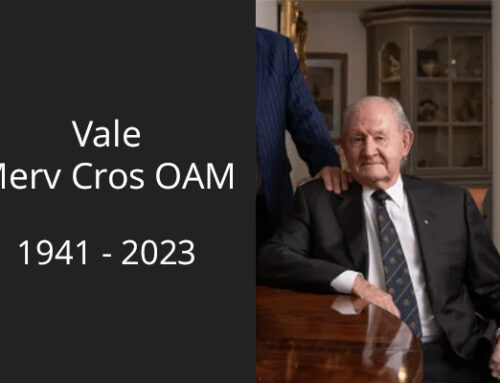“Attempts to force patients to demand cheaper prostheses by price discrimination of some implant products could be counter productive to good clinical care,” Chairman, Australian Society of Orthopaedic Surgeons, Dr Gary Speck said in Melbourne today.
“It seems everyone including health fund CEOs want to tell our patients what implant they should use. It’s easy when you have no responsibility for clinical care or you don’t have to live with the result,” Dr Speck said.
“A scheme designed to make some prostheses cheaper and others more expensive by rebating some at no gap and putting gaps on others is a result of a war between health funds and the medical suppliers, not doctors”, Dr Speck said.
Our members simply want to recommend to patients what they believe is the most appropriate implant for that particular patients needs and disease. We want few if any restrictions placed on the choice of that implant.
Health funds will want to pay as little as possible for each implant. They want our members to use the cheapest and want to restrict patient choice by making those who wish to have a specific prosthesis pay a higher price.
“The virtues and place of particular prostheses is an ongoing world wide debate” Dr Speck said.
“Performance data is gathered, but like all other data there are often different ways of interpreting it,” Dr Speck said.
Making the picture even more complicated are implants using emerging technology, which although safe to use will not be fully comparable with older products until they have been road tested for 10-20 years.
Like many issues in clinical medicine, the use of a particular implant is not black and white. Factors such as the age and occupation of the patient, the reputation of the implant, the availability of the implant, all make for good debating points among clinicians. But at the end of the day, someone has to make a decision on what implant to use and that someone is a trained surgeon with his/her patient’s consent.
“ASOS has no control over the prices set for implants and will continue to advise its members to act in the best clinical interests of their patients”, Dr Speck said.





